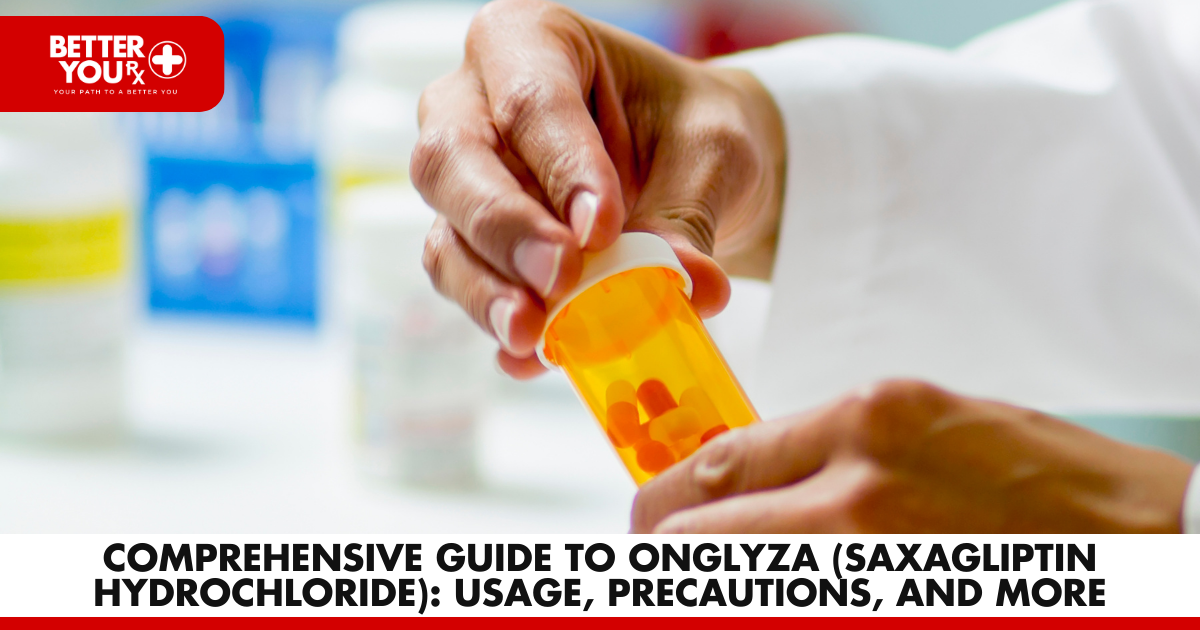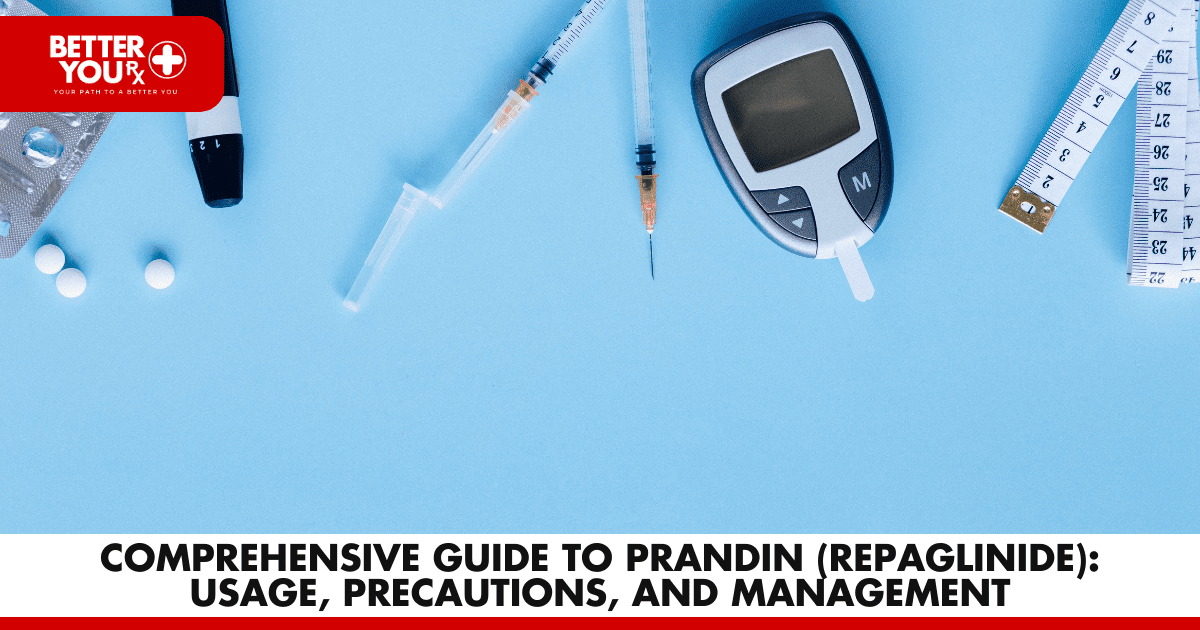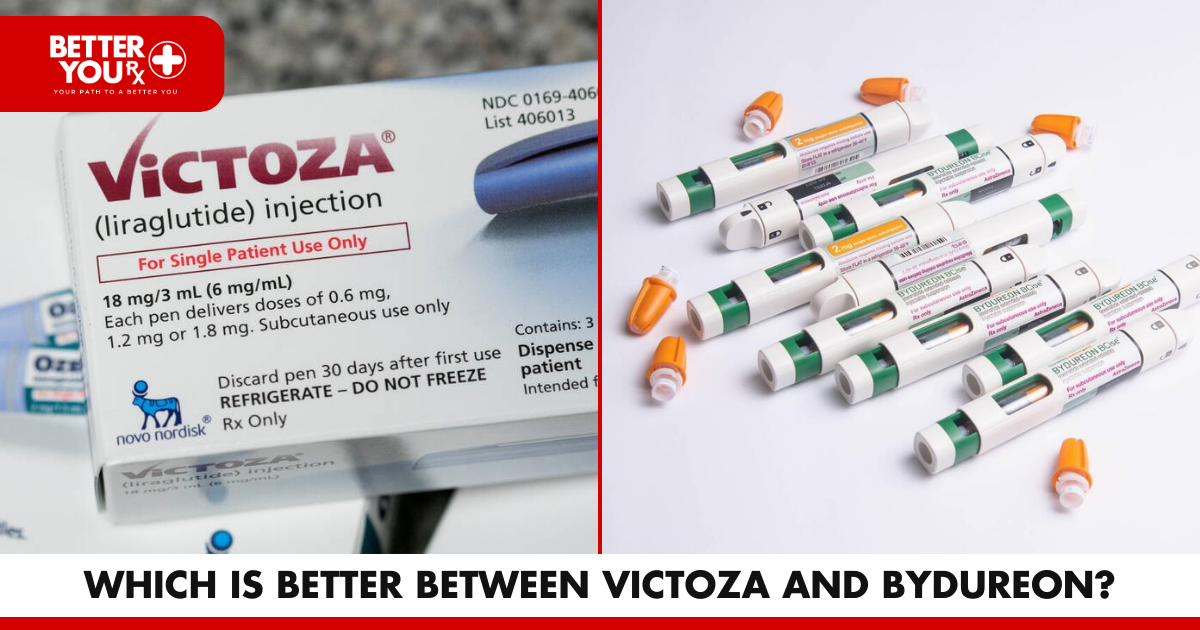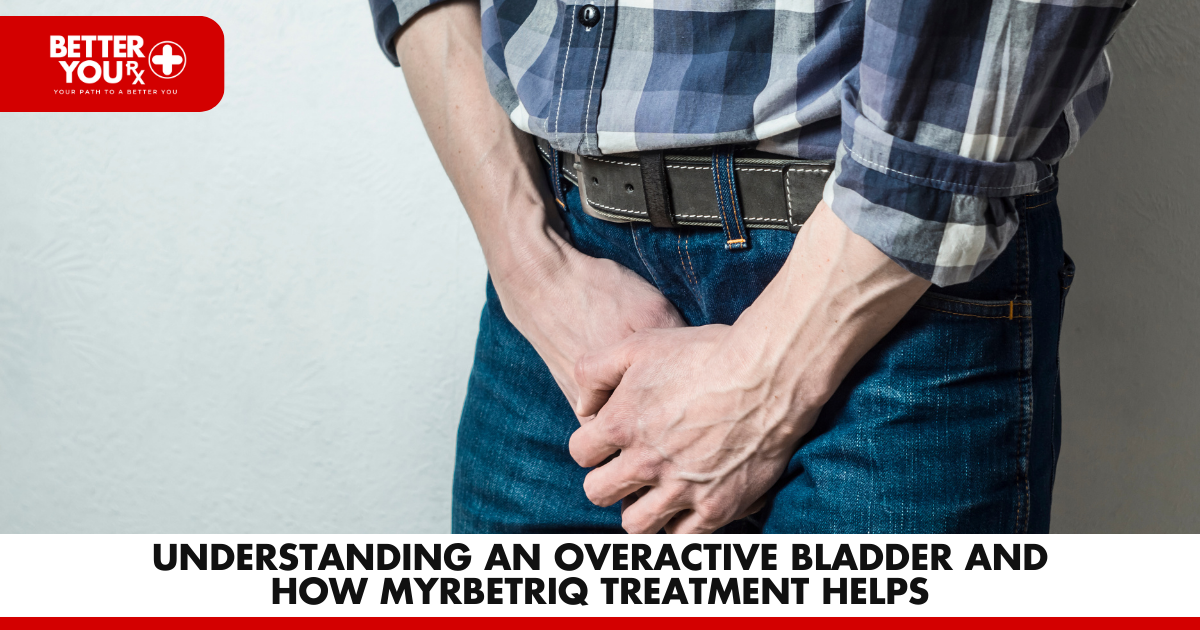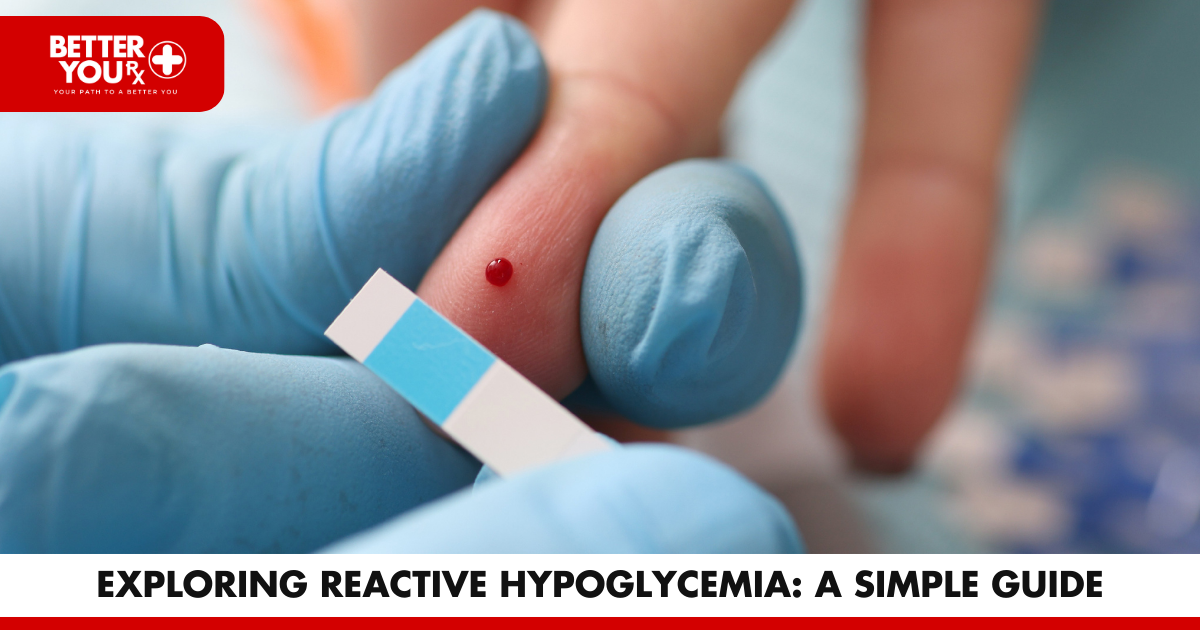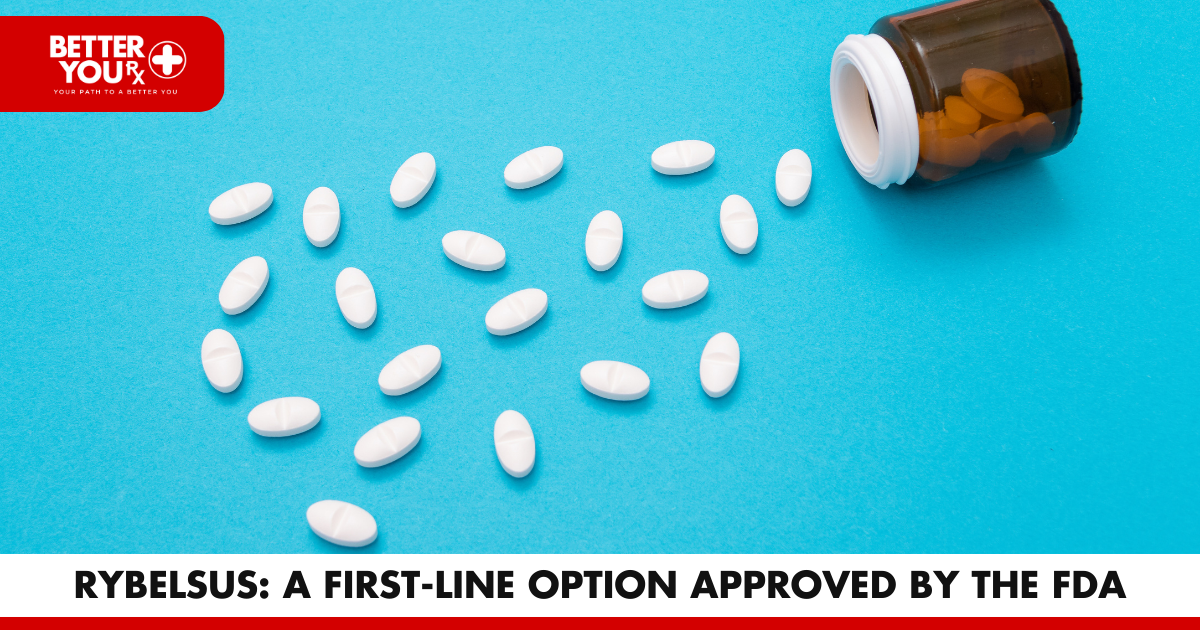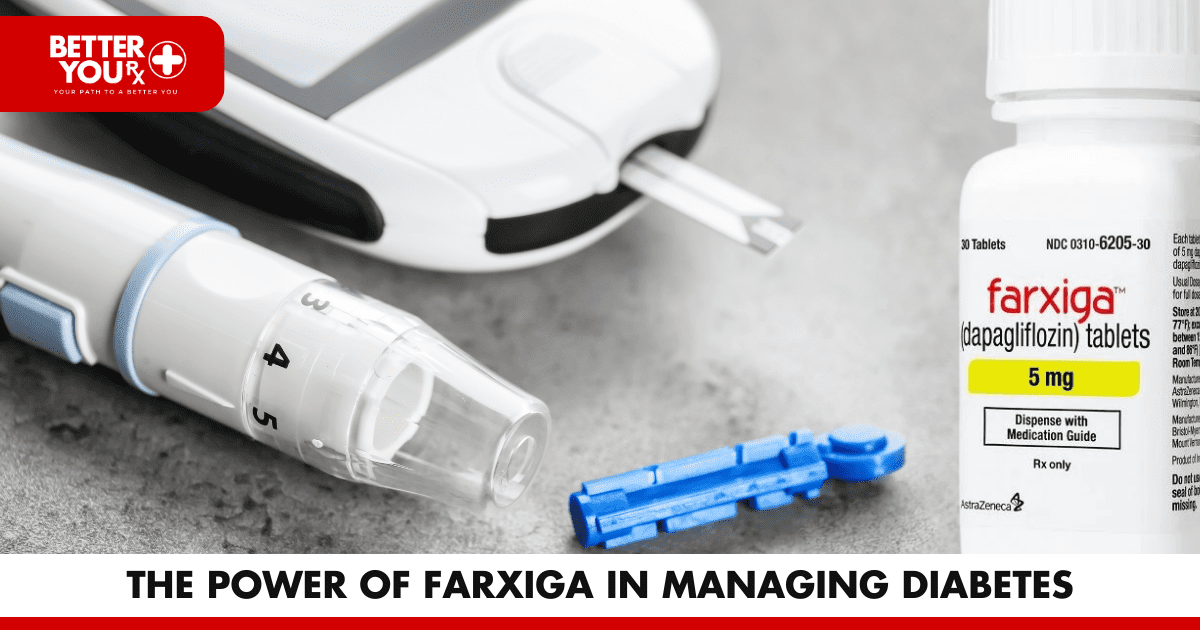A more recent class of diabetes medications includes Victoza and Bydureon. These more recent medications don’t use insulin, in contrast to all of the older diabetic treatments. They are GLP1 receptor agonists instead.
GLP1 receptor agonists help manage blood sugar, promote weight reduction, and increase the quantity of insulin the body generates in response to high blood sugar levels in the blood, as opposed to giving the body a fast spike of insulin as with typical diabetes treatment.
Patients with type 2 diabetes who have insulin resistance or whose bodies are unable to create enough insulin are treated with Victoza and Bydureon.
Patients with type 1 diabetes, however, cannot utilize these more recent drugs since their systems are completely incapable of producing insulin.
Victoza and Bydureon are functionally equivalent, however, they also differ in certain ways (much like Tresiba and Lantus).
Tips for Preventing Diabetes
Despite the fact that Victoza and Bydureon are revolutionary drugs for people with type 2 diabetes, they still only function as treatments and not as cures. Avoiding the sickness in the first place is the best kind of treatment. The following are some lifestyle changes that you may make to your daily routine to assist you lower your risk of having type 2 diabetes in the first place, despite the fact that diabetes is determined by your hereditary DNA and that there is
currently no cure for it.
• Take part in regular exercise
• Eat wholesome plant-based foods.
• Consume healthy fats.
• Reduce extra weight
• Hydrate yourself by drinking lots of water.
• Give up drinking alcohol and smoking.
Define Victoza
Liraglutide, also referred to by the more generic name Victoza, is an injectable non-insulin drug that is given to type 2 diabetic patients to regulate their blood glucose levels. The medication causes the pancreas to secrete more insulin while also producing less glucagon.
Victoza also lessens hunger by slowing the rate at which your body absorbs glucose and converts it into energy.
Victoza is injected under the skin similarly to Bydureon, but unlike Bydureon, Victoza must be administered daily rather than only once each week. The medication is sold as preloaded multidose pens that can administer doses of 0.6 mg, 1.2 mg, or 1.8 mg.
The dosage often begins at 0.6 mg per day for a week and then gradually increases to 1.8 mg, depending on your ability to regulate your blood sugar and whether you require additional medicine. It is advised that you administer the injection at the same time each day so that your body becomes used to the schedule and you don’t forget. The medication, which is frequently
taken together with oral diabetic medications, reduces post-meal and fasting blood glucose levels over the course of 24 hours.
Define Bydureon
Exenatide, the brand name for bydureon, is a medication with an extended-release, which implies that its effects are released gradually over time. This drug is often given to patients with type 2 diabetes once a week, along with consistent exercise and a personalized diet. This drug is supplied as a powder that needs to be diluted with a liquid before being injected. The injection should be given as soon as it has been blended with the diluent, if at all possible.
The injection is delivered beneath the skin, and compared to Victoza, the administration technique is a little more difficult because the former calls for some practice mixing the medication and using a bigger needle, whilst the latter is just a preloaded shot.
Although Bydureon is also available in prefilled pens, it is typically sold in single dose trays that include a vial, needle, syringe, and connection. You will need to learn how to mix the medication, fill the syringe, and put the connector together before using it for your weekly injection.
Victoza vs. Bydureon
If you’ve read thus far, you already know that the preparations for Bydureon and Victoza differ. They do, however, share some commonalities and some differences, which we shall go over in more detail below.
Victoza vs. Bydureon: Similarities
Victoza and Bydureon are two injectable prescription drugs given to individuals with type 2 diabetes. These patients frequently receive prescriptions for drugs like metformin and sulfonylureas to help with the process as they are unable to use insulin effectively. However, there are instances when even oral medications for treating diabetes don’t keep patients blood sugar levels under control as well. At that point, non-insulin injectable medications like Victoza and Bydureon are used to control patients blood sugar levels.
Both of these non-insulin injectables are administered subcutaneously with a syringe and are classified as GLP1 receptor agonists. These GLP1 receptor agonists function similarly to incretins in the body. Incretins are a class of metabolic hormones that stimulate the pancreas to produce insulin and impair pancreatic glucagon production, which consequently lowers a person’s blood
sugar levels.
Although these medications have similar results in lowering blood sugar levels, they also have similar negative effects. These adverse reactions include headaches, motion sickness, nausea, and diarrhea.
Differences between Bydureon and Victoza
Despite the fact that they both act as receptor agonists, these medications have slightly different physiological actions and delivery strategies. Since Bydureon is a slow-release medication and requires to work over a long period of time to
demonstrate noticeable improvements, it is often injected once each week. As Bydureon is designed to provide you with a steady and continuous release of insulin throughout the week, you can use it at any hour of the day.
In contrast, Victoza is taken daily and functions similarly to an EpiPen by encouraging your pancreas to create more insulin when your blood sugar levels are elevated. Victoza can technically be taken at any time of day, but it is advised that you take the medication at the same time each day. This keeps a constant amount of the medicine in your bloodstream each day and helps your body adjust to the cycle.
Another difference between the two is that Victoza is available in preloaded pens, whereas Bydureon is only available in powder form, which requires you to create a solution before giving.
Furthermore, a smaller needle is needed to administer Victoza to patients than Bydureon. In terms of cost, Bydureon is significantly more expensive than Victoza for a single weeks supply. Victoza normally costs $550 or somewhat over for a month, assuming 2 pens each day at a dose of 1.2 mg. Bydureon, meanwhile, costs $400 or somewhat more for only one weekly dose. You would have to pay $1600 for a months supply of Bydureon, which is nearly three
times as expensive as a months supply of Victoza.
Which is superior?
Mixed results were seen in research evaluating the two medications side by side. It came to the conclusion that Victoza was somewhat more effective than Bydureon at reducing blood sugar and weight. Bydureon users, however, reported fewer adverse effects.
Another 26-week clinical trial indicated that Victoza daily injections were marginally more effective than Bydureon weekly injections at reducing blood sugar levels and promoting weight
loss.
However, the same study also revealed that Bydureon users reported fewer adverse symptoms, such as nausea and diarrhea.
These results do not cast doubt on the efficacy of any medicine on their own because both are very effective methods for lowering blood sugar levels. The option to select one over the other is entirely up to the person using them and with what they are more at ease.
Consider criteria like frequency of administration, route of administration, and cost to determine which one you should be taking.
Precautions and Other Contraindications
It is advised that neither of the two drugs is used by those who have a family history of thyroid cancer or who have endocrine neoplasia syndrome type 2. Victoza should not be taken by persons who are breastfeeding or who are pregnant, though.
Acetylsalicylic acid, beta-blockers, birth control pills, atypical antipsychotics, and corticosteroids are among the substances that Victoza and Bydureon may interact with. In contrast to Ozempic and Metformin, Victoza and Bydureon shouldn’t be taken at the same time.
Which Drug Leads to the Most Weight Loss?
Though neither Bydureon nor Victoza is weight reduction medication, it should be emphasized that people with diabetes who typically struggle with obesity or are overweight do lose weight while using them.
In two studies, patients on Bydureon lost an average of 3 pounds over the course of 28 weeks, but Victoza patients dropped an average of 6 pounds in 26 to 52 weeks, according to clinical research.
Final Thoughts
If you have type 2 diabetes and have already tried conventional insulin therapy and insulin-based medications but discovered that they did not work for you and would prefer a more affordable choice, it is time for you to think about your options. Check with your physician or nutritionist as soon as possible to see if you can benefit from this new family of GLP1 receptor agonists.
Elevate your diabetes management with Victoza – available at Better You Rx pharmacy. Our commitment to your well-being is evident in every aspect of our service. Offering competitive pricing and personalized care, we provide you with access to Victoza at a cost-effective rate, empowering you to take control of your diabetes journey.
Choose Better You Rx for your prescription needs and experience the difference. Our dedicated team is here to guide you through the process, ensuring you have the right medication and support tailored to your unique needs. Don’t compromise on your health – make the choice that prioritizes your well-being. At Better You Rx, we’re dedicated to providing you with the best in diabetes care.


